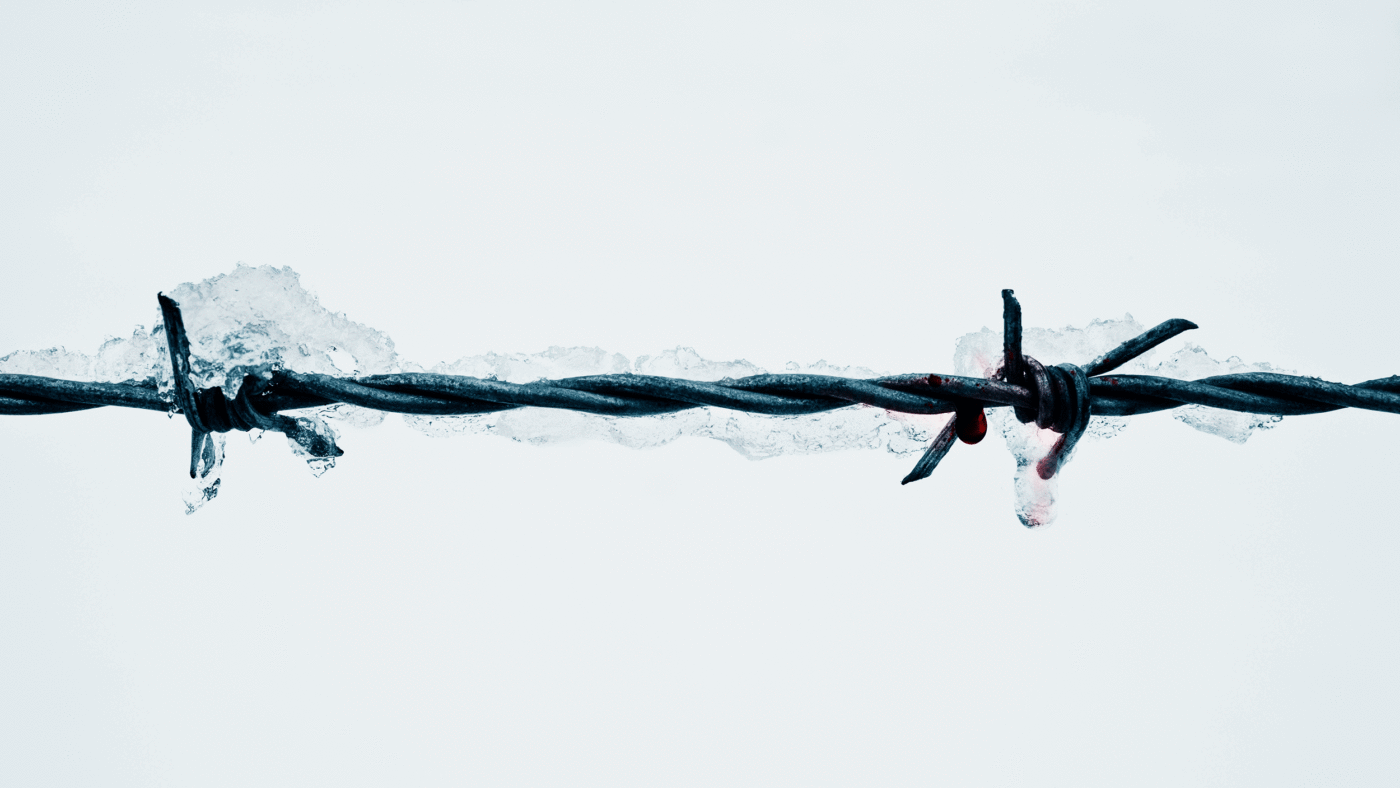The US has banned Russian oil and gas, which it doesn’t need, while Europe – which very much needs both – only plans to phase it out. This offers a neat illustration of how battle lines are being drawn in the West. Between the ‘doves’ who favour an early negotiated peace in Ukraine and the ‘hawks’, who advocate an all-out economic war to bring Russia to its knees. As is usually the case, the optimal course probably lies somewhere in the middle.
For hawks, the aim is to inflict so much economic damage it will force Putin to change course, and perhaps even trigger regime change. But this could be a 12-month process – maybe longer. And in the meantime, Ukraine’s suffering will continue.
The dove alternative is a peace where Ukraine cedes the disputed territories in the east and Crimea to Putin, and agrees to a constitutional assurance it won’t join NATO or the EU. Putin will likely insist on Zelenskyy’s downfall as a price for ending the violence.
The danger is any capitulation makes Putin look like a winner and enables him to hide his army’s dismal performance and losses. It will leave him free to continue testing the West.
Either way, there are no quick fixes – the new cold war has already begun and we are facing many years of conflict at great cost. But we also can’t afford to lose.
We knew the costs would be high when we gritted our teeth in anger at the Russian invasion. The European Union accepts its need to cut its reliance on Russian energy and is going to issue bonds by the shedload to finance defence and energy reform to counter the effects. The cash will be spread across the EU to counter the effects of its previous energy security miscalculations. It’s another step on the yellow brick road to European financial mutualisation – which commentators like me would once have described as ‘yet another nail in the EU’s coffin’. We pronounced that Germany would never accept it, that wealthier nations would decline to pay feckless southern nations’ pension costs, and concluded that the bloc was doomed to bicker itself into oblivion.
But now, Europe is coming together stronger. How long the newfound camaraderie lasts depends on how much pain there is to come. The consequences of the Ukraine invasion are starting to bite and multiply. Not just in agri-produce, commodity and energy price spikes, but real damage across banking, insurance, aviation, autos, freight, and a host of other sectors as Western businesses shut up shop in Russia. But work-arounds will be found.
What the EU is doing in terms of monetary and fiscal policy to support the economy has risks and consequences, but the European Central Bank has the experience gained over the last 10 years of monetary experimentation to manage the process. Other Western central banks will equally be on the front line in this economic war. But monetary support will only achieve so much. We still need to be prepared to accept the costs of a brutal economic war with Russia. China will be observing Western resolve, which will likely trigger a new tech race as Beijing learns the lessons of Russia’s failure.
Time is the other factor at play. At the moment Russia is dissuaded from further escalation by the threat of NATO reprisals. But suppose the US backs out, which is distinctly possible under a Trump 2.1 administration from 2025 (or even after damaging mid-terms for Biden in November)? In that case, Russia may feel more empowered to rip up agreements made under duress.
Putin also knows that it will take two to three years of rearmament before Europe can effectively begin to field new forces. The German army will be starting from scratch, needing everything from boots to hair clippers before they even think about new tanks, planes and ships. But if we get it right, defence spending can be a massive boost for all the major European economies. In the 1980s, Western defence spending created profit and growth, whereas in Russia it bankrupted the country.
The West won the last cold war, and we can win this one – if we have the will to do so. And at the end, there will be a dividend as democratic institutions emerge much stronger and more united. That is why we must win.
Click here to subscribe to our daily briefing – the best pieces from CapX and across the web.
CapX depends on the generosity of its readers. If you value what we do, please consider making a donation.


